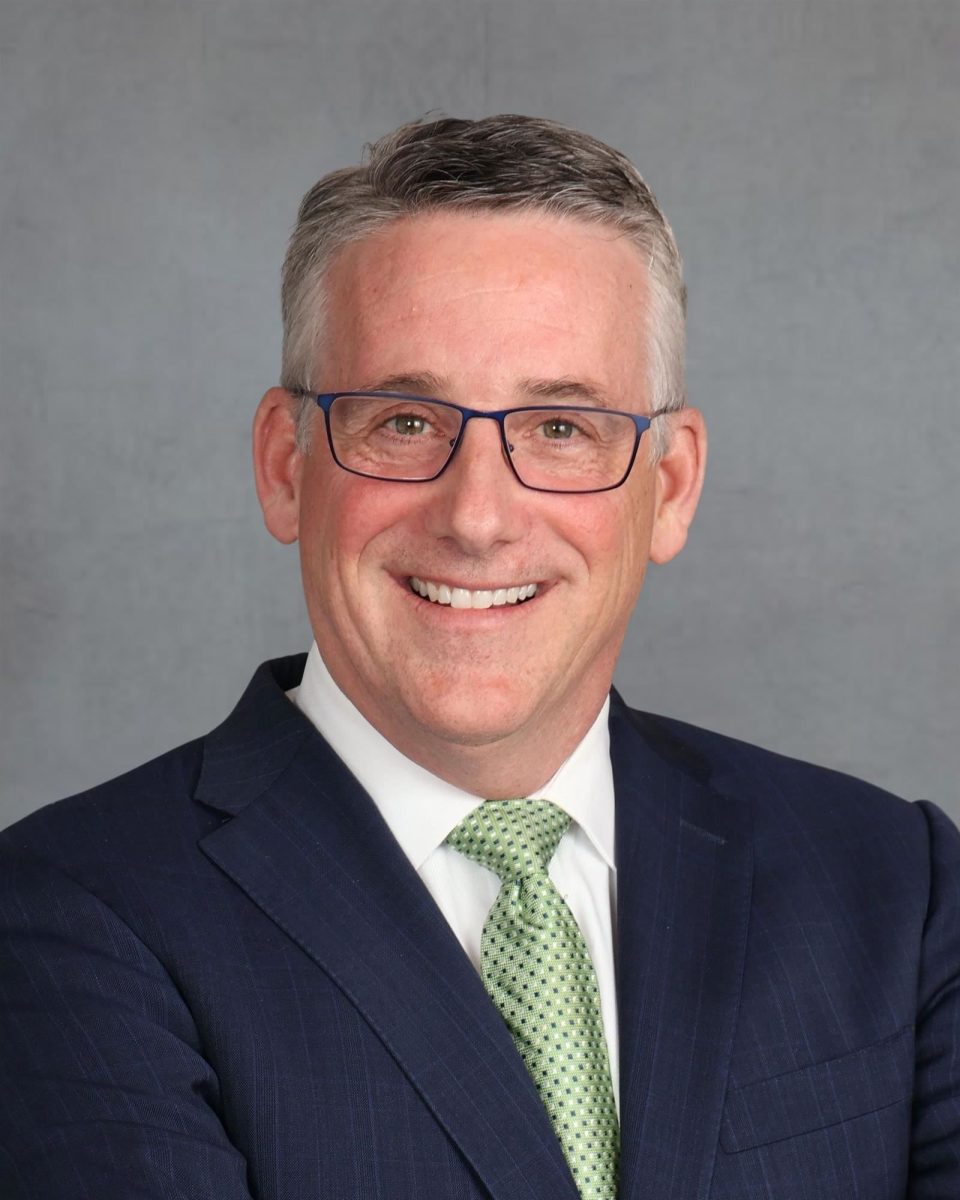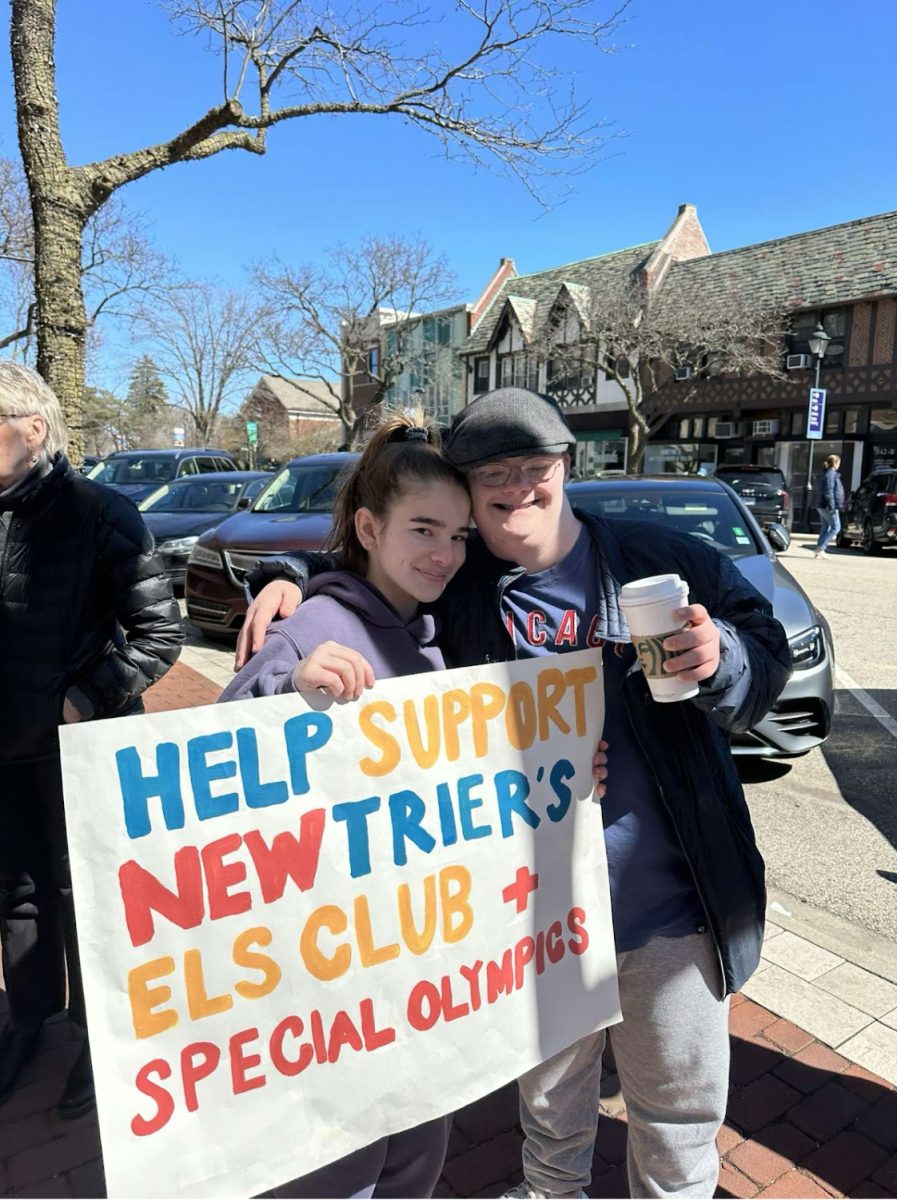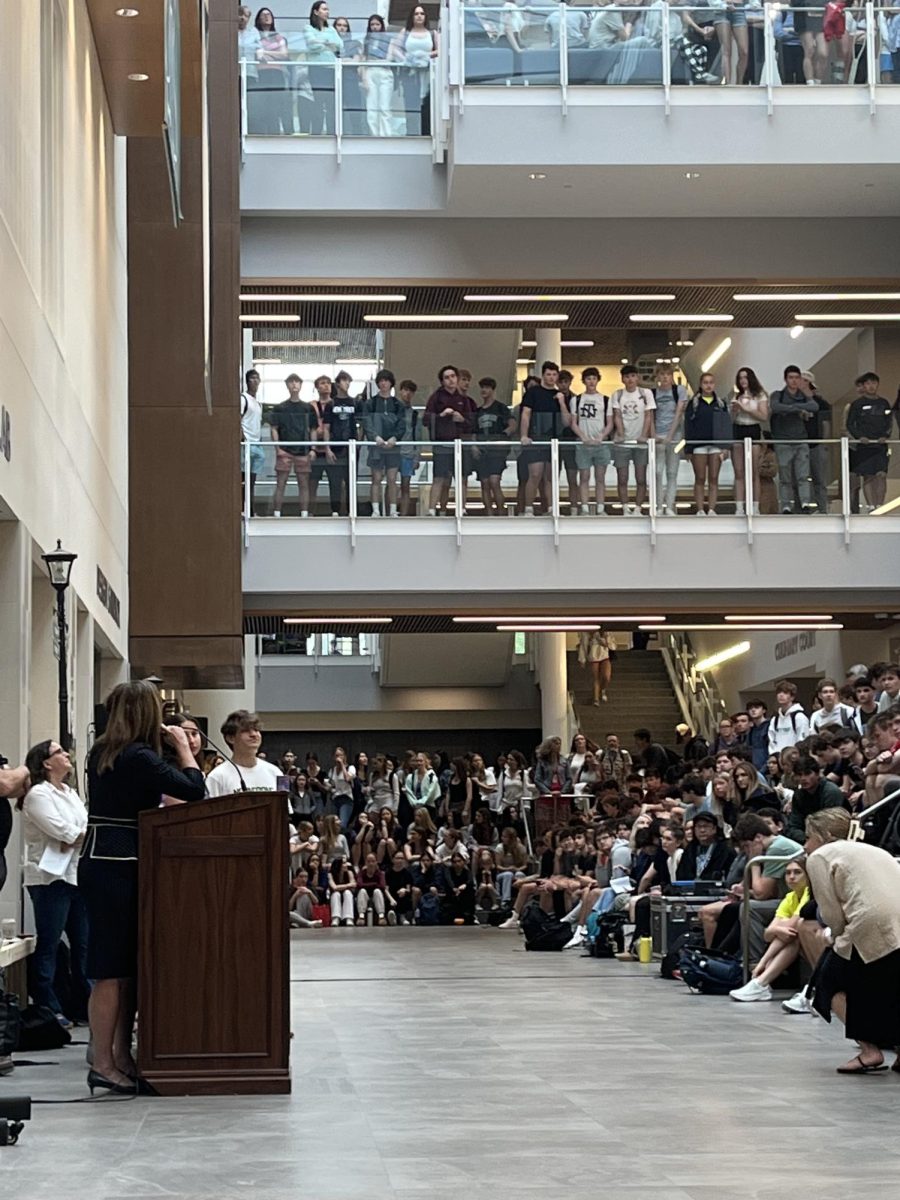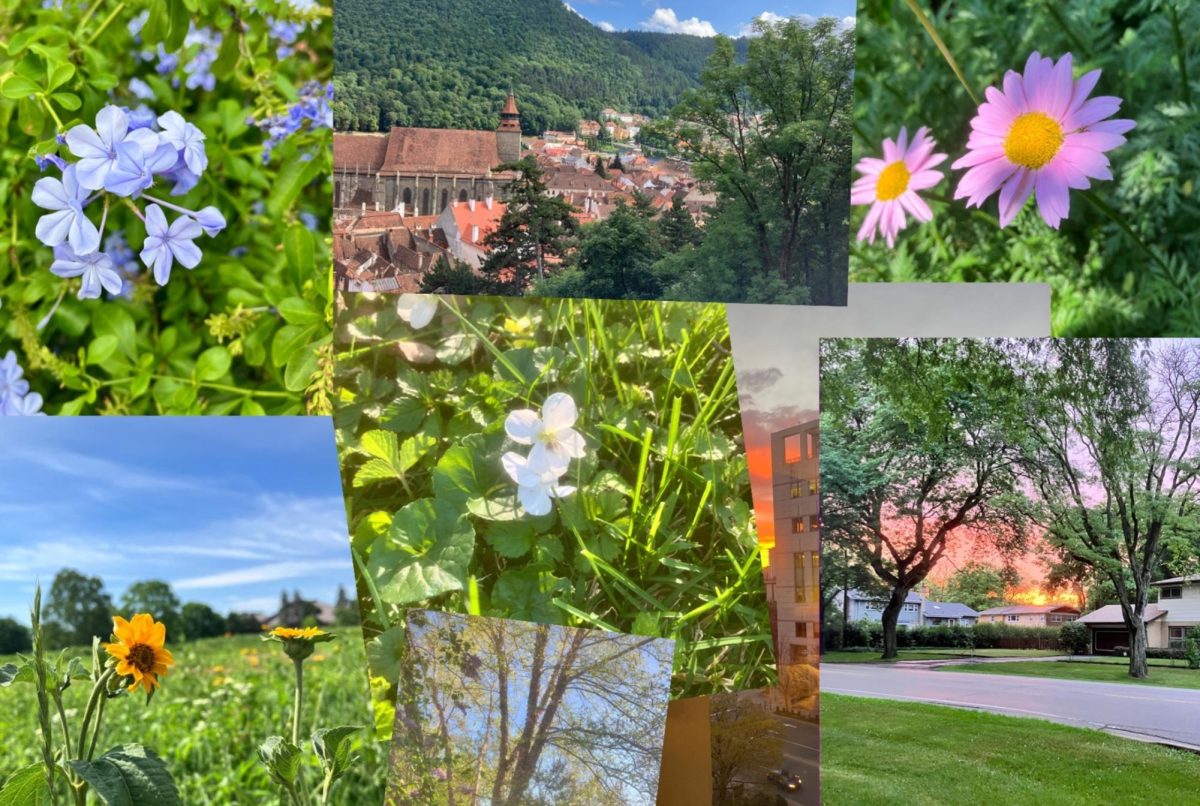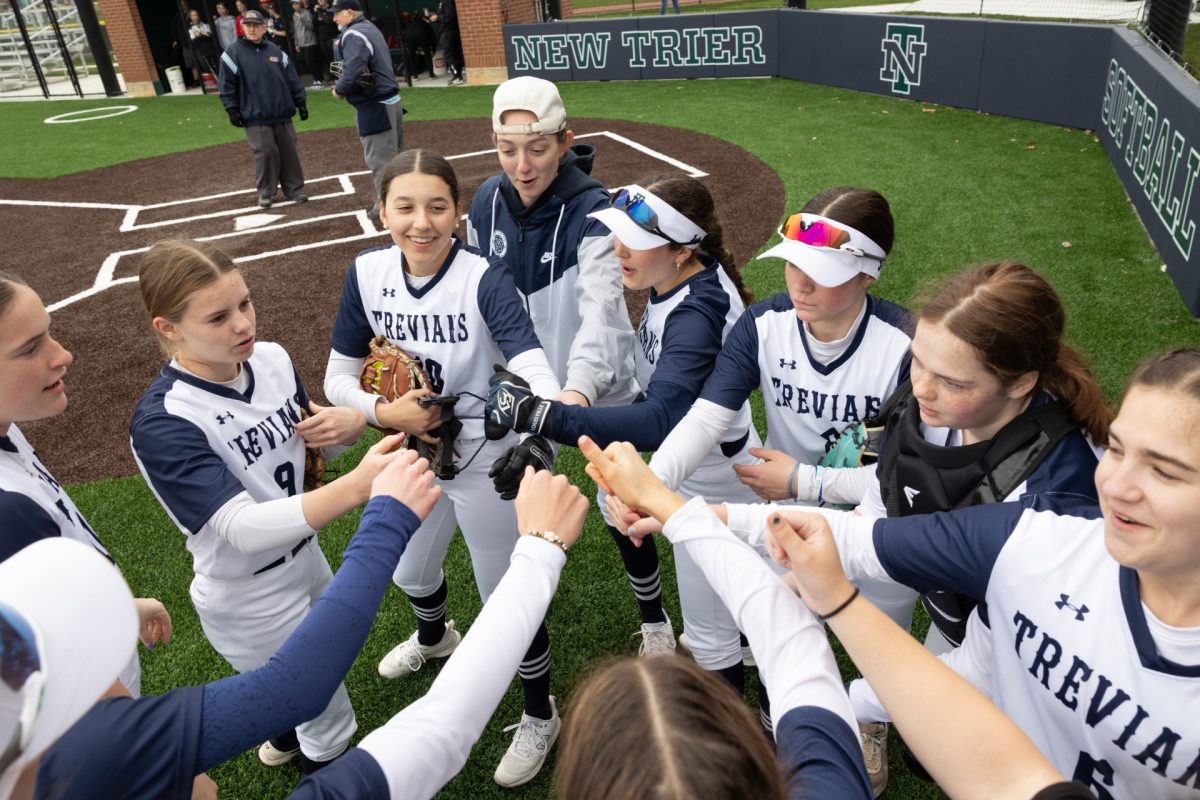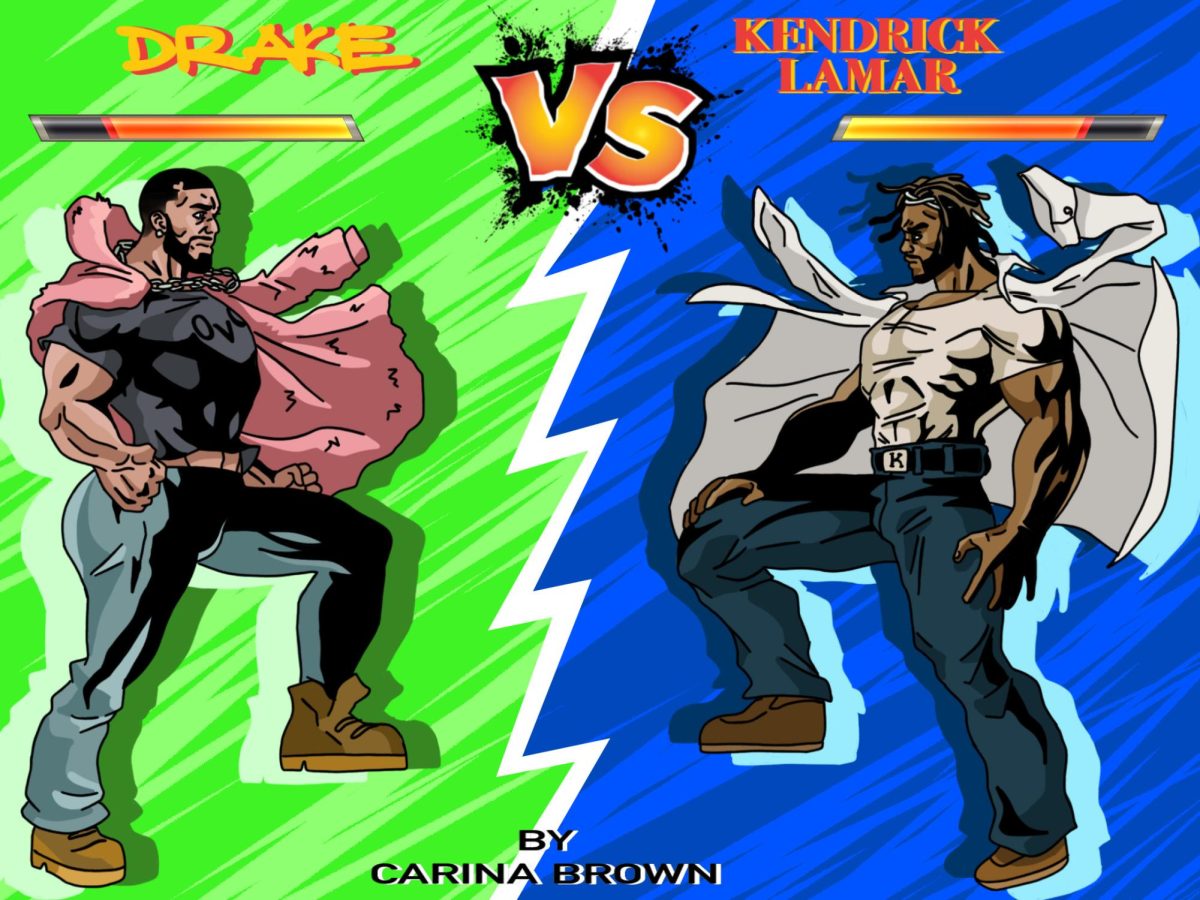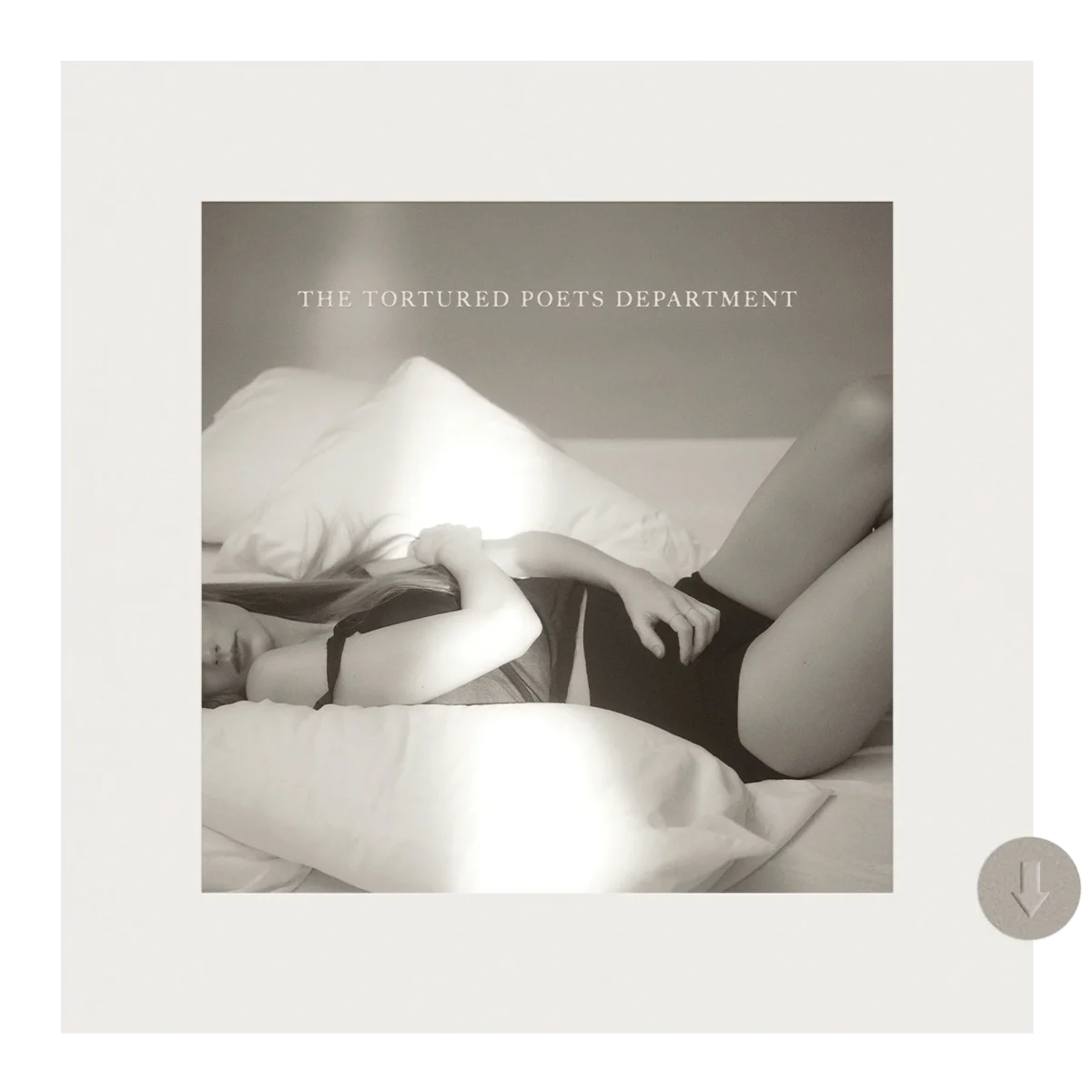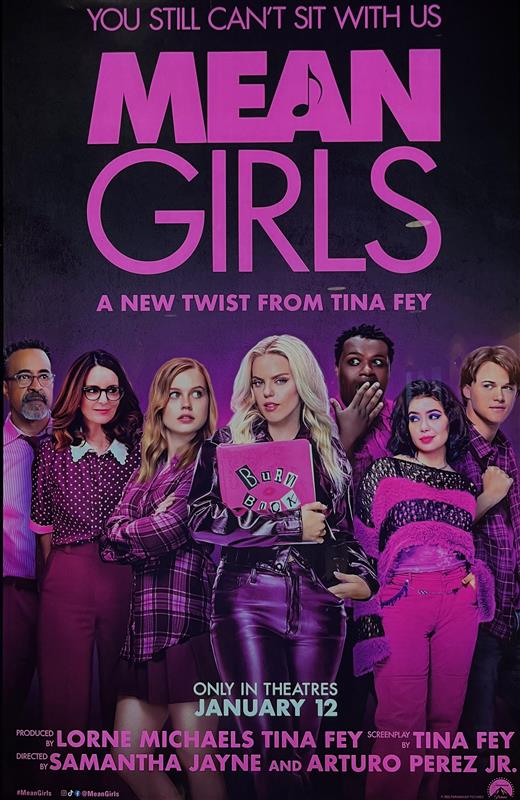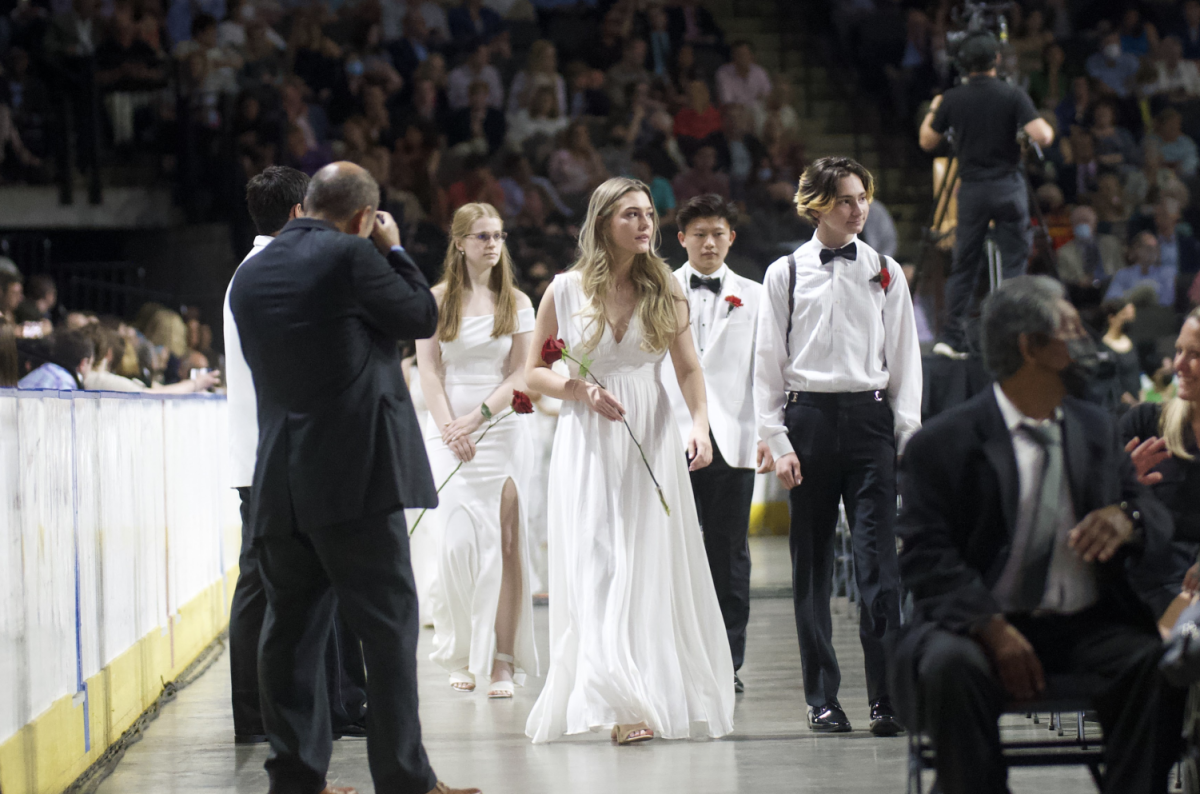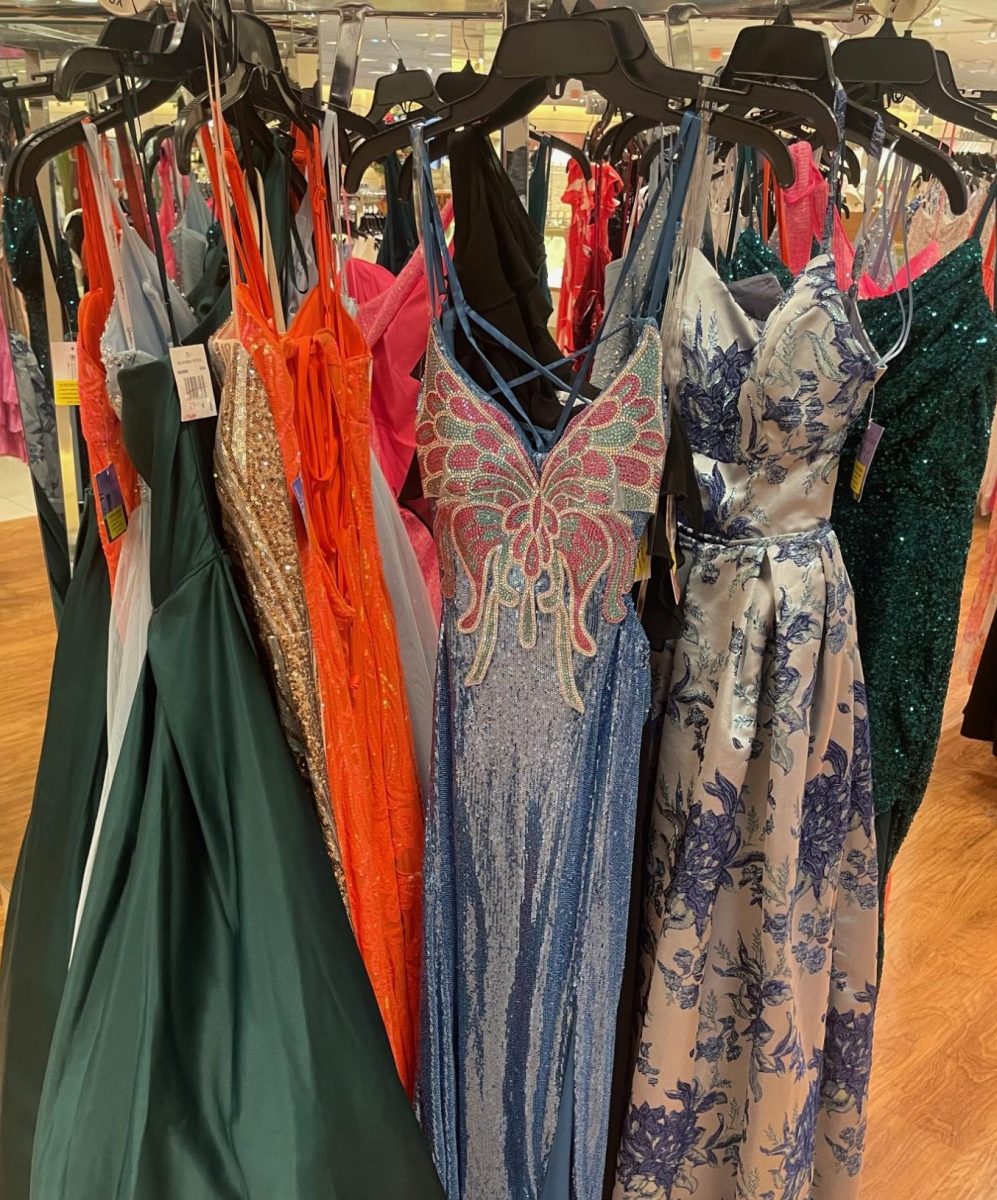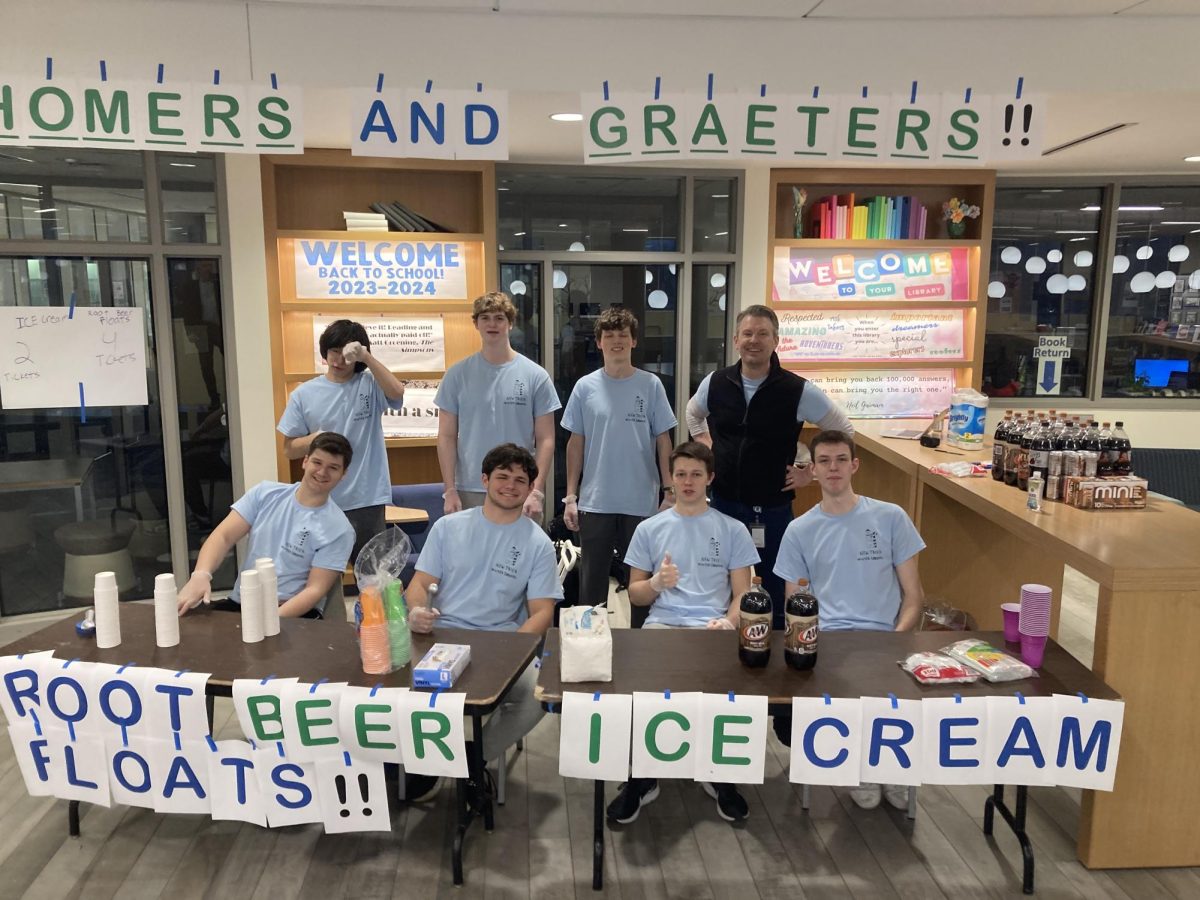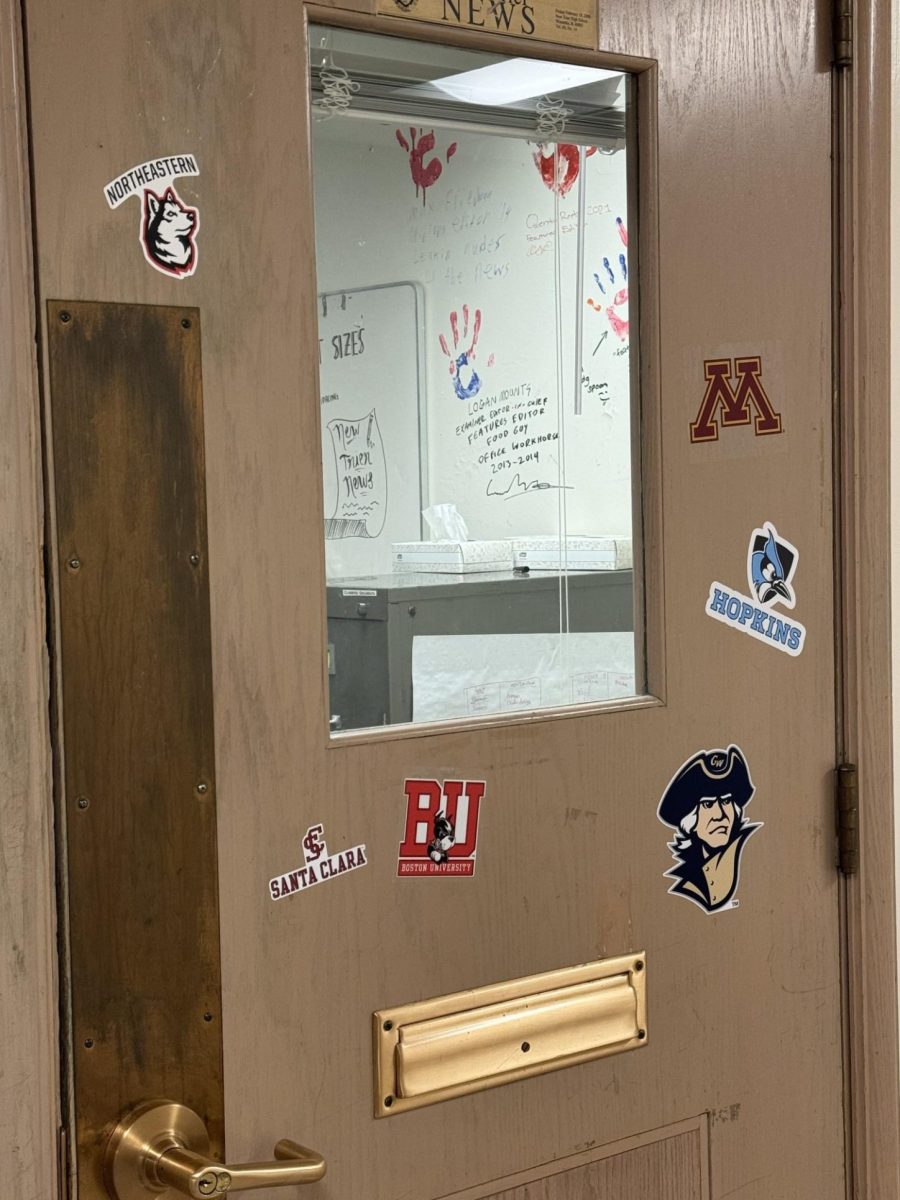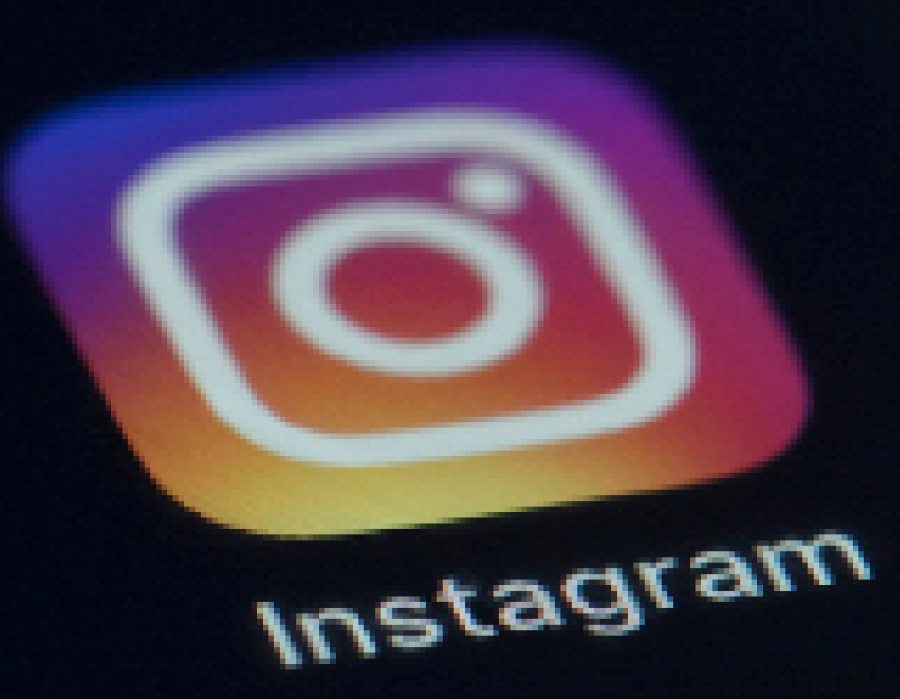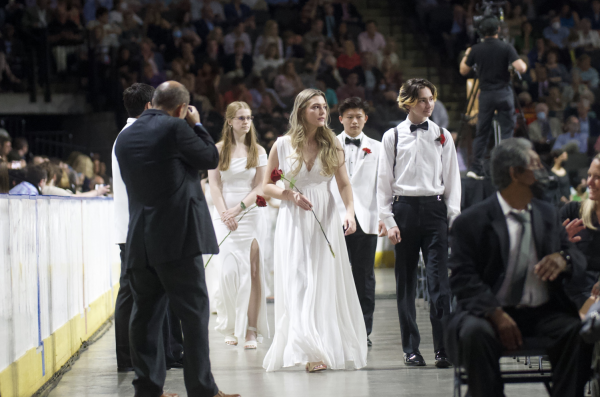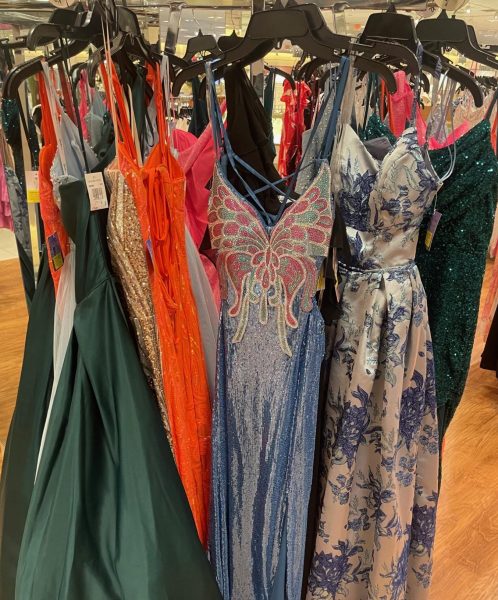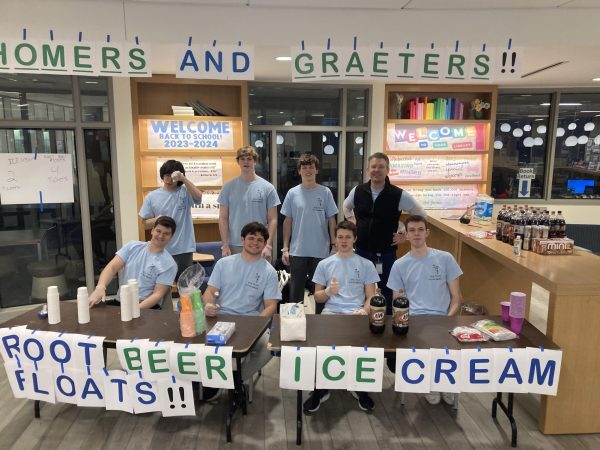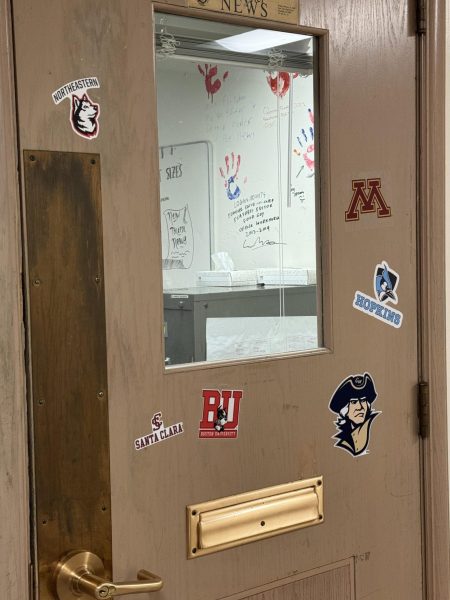No one cares: stop posting politics on your stories
We can’t support political beliefs as if they are sports teams online
Instagram is the main platform filled with slacktivist posts from students
I hop on Instagram. and click on my friend’s stories and see a picture of someone at a baseball game. Nice.
I click another one and this time it’s a political infographic with overwhelming visuals. Then, another.
A picture of a dog wearing a funny hat. Cute!
I slide to the next; it’s a Tweet from a senator with commentary at the top. The next story is someone sharing their art. Beautiful.
Conservative vs. liberal, Democrat vs. Republican, right wing vs. left wing, we create meaningless divisions
I end my viewing frenzy to see a direct attack on the opposing political party of their choice in the form of a meme—Democrat against Republican, Republican against Democrat, the choices are endless.
I suspect that I’m not the only person who experiences this on a daily basis. Stories and posts on social media have become the place to share one’s political beliefs and views.
For a short amount of time, users can repost posts from individuals, organizations, and political parties for everyone who follows them to see. It’s baked into social media that one’s expected to stand for something on their profile, a pressure to post about something other people are posting.
I know all this because I have done it as well. I thought that maybe if I shared something I believed in on social media, I could convince others who I thought “drifted away.” Wrong. Or maybe I was playing the role of an educator through my social media, I thought to myself. Wrong as well. George Floyd, the Capitol riots, Ukraine vs. Russia, I did it all.
I’ll admit, posting something on my story that’s inherently political felt good. It made me feel like I’m doing something productive, doing something that in the long term will benefit whatever movement I believe in. It made me feel invisible to criticism or hate—I was behind a movement, so it felt like no one ccould hurt me.
People do not care when you post your political views online. Nothing will come from clicking “Share.” People will either support or internally criticize it, and move on to the next story.
Social media has played a critical role in segregating and pitting us against each other. I’ve experienced this first-hand as well: seeing a post supporting a political or ethical argument that I used to oppose would make me feel worse about that ideal, and seeing one I supported would reaffirm my beliefs until they became more extreme.
I naturally found myself following people like me, while distancing myself from anyone who challenged my beliefs.
Instagram is the perfect example of how the microcosm of identity politics has developed and shaped who we surround ourselves with.
We slowly create communities where we virtue signal our beliefs so that they lose their meaning and value. We whittle down our political struggles into basic phrases and symbols we post online like we are wearing some badge showing how morally correct and superior we are.
We think that writing “BLM” or “ACAB” in our bios does something momentous when black people are still dying at the hands of police with no change to policies in government.
We antagonize each other and blame the other political side for the problems in our country like bickering children. Conservative vs. liberal, Democrat vs. Republican, right wing vs. left wing, we create divisions. We only communicate with those like us.
We have no reason to seek discomfort and humanely discuss the very problems that plague this country.
It’s only when people are heard across political spectrums and divides that compromise is made. Yet, social media inhibits communication like this. We like posts and news that we agree with and algorithms feed us more and more until it is all we see.
An argument that could be made for online activism, or slacktivism, is that it’s a way for people to inform others on issues going on that they might not be aware of. Online posts are probably the riskiest way to try to inform people. Apps like Instagram are riddled with fake news and misinformation, which exacerbates information overload, echo chambers, and bots.
People see visually-pleasing graphics on a post and feel inclined to believe it and share it, helping contribute to mass confusion and increasing tension on both sides of the political spectrum.
Let’s use social media as a place to share personal endeavors and goals, not political feel-good posts that accomplish nothing.

